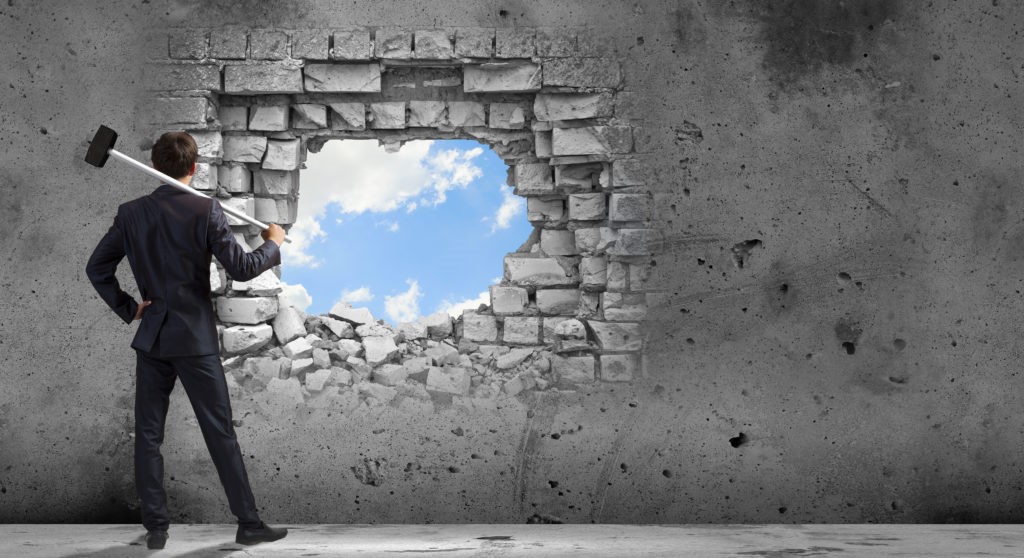How to Develop a Positive Relationship with Failure and Setbacks in Your Life

- Jawad Sheikh
- 02 Mar, 2023
"Our greatest glory is not in never failing, but in rising every time we fail." ― Confucius
At some point in our lives, we all face setbacks and failures. Whether it's losing a job, failing an exam, or experiencing a breakup, these challenges can be overwhelming and difficult to navigate. However, it's important to develop a positive relationship with failure and setbacks to grow and succeed in the long run. In this article, we'll discuss some strategies for developing a positive relationship with failure and setbacks.
Failure is an inevitable part of human life, and it can take many different forms. While failure is often seen as a negative experience, it can also be a valuable learning opportunity that helps us grow and improve.
Here are some of the different types of failure that people may encounter in their lives:
Personal failure: Personal failure can take many different forms, such as a failed relationship, a missed opportunity, or a goal that was not achieved. These types of failures can be particularly difficult to deal with, as they can be deeply emotional and may require introspection and self-reflection.
Professional failure: Professional failure can occur in many different contexts, such as a failed business venture, a project that did not meet expectations, or a job loss. These types of failures can be particularly challenging, as they can impact one's livelihood and sense of identity.
Academic failure: Academic failure can occur in many different contexts, such as failing a class, dropping out of school, or not achieving a desired grade or degree. These types of failures can be particularly difficult for students, as they can impact their future career prospects and self-esteem.
Creative failure: Creative failure can occur in many different contexts, such as a failed art project, a book that did not sell well, or a song that was not well-received. These types of failures can be particularly challenging for artists, writers, and musicians, as they can impact their sense of identity and creative expression.
Financial failure: Financial failure can occur in many different contexts, such as bankruptcy, a failed investment, or overwhelming debt. These types of failures can be particularly stressful, as they can impact one's ability to provide for themselves and their family.
While failure can be a difficult experience, it is important to remember that it is a normal part of the human experience. By learning from our failures and taking steps to improve, we can grow and become more resilient. With a positive attitude and a willingness to learn, we can overcome even the most difficult types of failure and achieve success in our lives.
If you see children, the teach adults to not be ashamed of failing, but to get back up and try again. Most of us adults are so fearful, so cautious, so safe,' that shrink, rigidify, and fear, which is why so many folks fail. The majority of middle-aged adults have accepted failure.
Here are some basic life formula which you can adapt to minimize your failure and start your journey toward success.
Acknowledge and Accept Failure
The first step in developing a positive relationship with failure and setbacks is to acknowledge and accept them. It's important to understand that failure is a part of life, and it's a necessary step in the journey towards success. By acknowledging and accepting failure, we can learn from our mistakes and use them as a stepping stone towards growth and progress.
Shift Your Mindset
Another important strategy for developing a positive relationship with failure and setbacks is to shift your mindset. Instead of seeing failure as a negative experience, try to view it as an opportunity to learn and grow. When faced with a setback, ask yourself what you can learn from the experience and how you can use that knowledge to improve in the future.
Develop Resilience
Resilience is another key factor in developing a positive relationship with failure and setbacks. Resilience is the ability to bounce back from adversity and continue moving forward. To develop resilience, focus on building a strong support system, practicing self-care, and cultivating a growth mindset.
Learn from Your Mistakes
One of the most important aspects of developing a positive relationship with failure and setbacks is learning from your mistakes. Take the time to reflect on what went wrong and how you can improve in the future. This process of self-reflection can be difficult, but it's essential for growth and progress.
Take Action
Finally, it's important to take action when faced with failure and setbacks. Instead of dwelling on the past or feeling sorry for yourself, focus on taking proactive steps towards your goals. Whether it's seeking out new opportunities, networking with others in your field, or taking classes to improve your skills, there are always steps you can take towards success.
Developing a positive relationship with failure and setbacks is essential for personal growth and success. By acknowledging and accepting failure, shifting your mindset, developing resilience, learning from your mistakes, and taking action, you can overcome challenges and achieve your goals.
Leave a Reply
Your email address will not be published. Required fields are marked *











